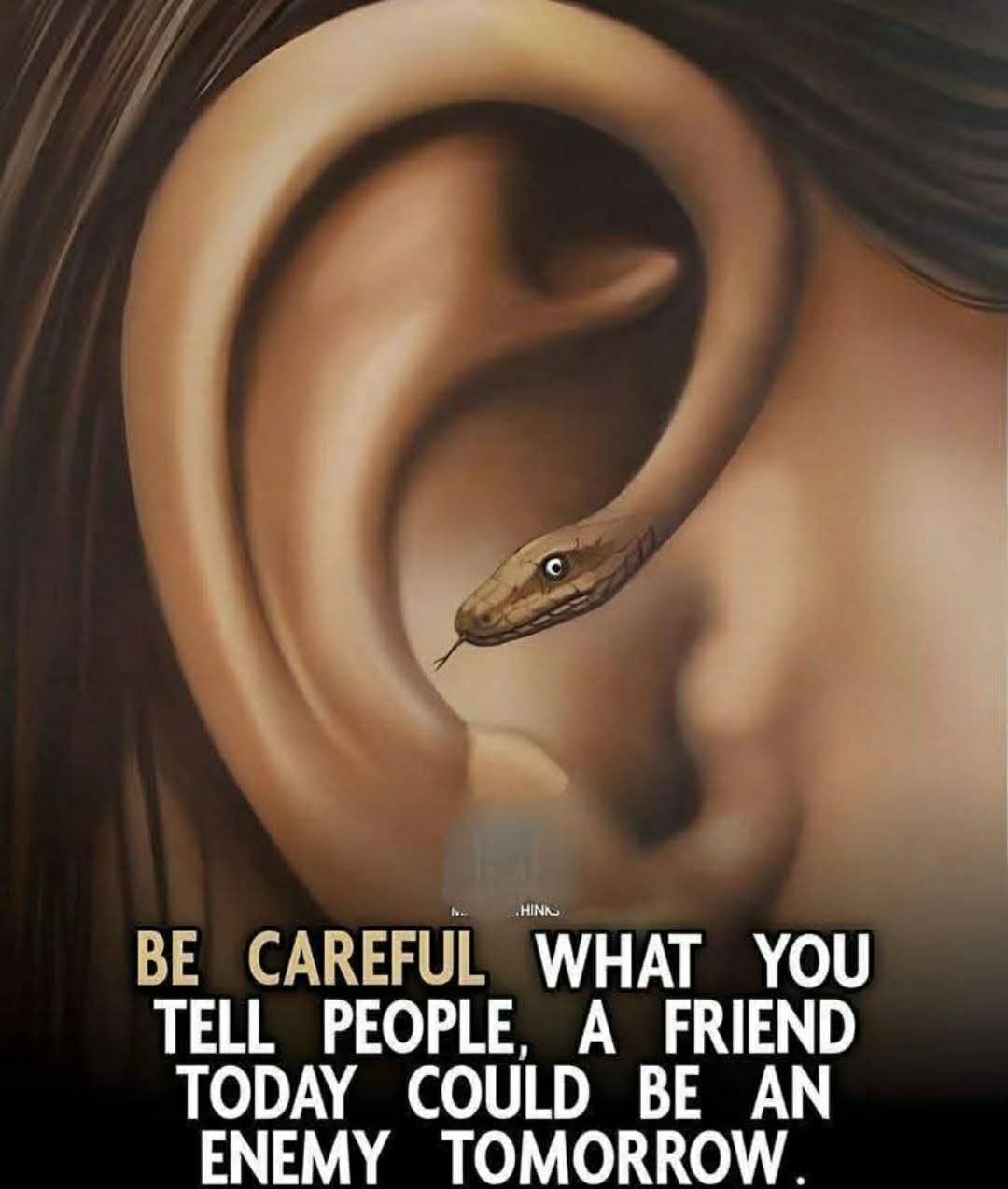
We grow up believing that the “right person” is someone who will rescue us — a soulmate who will finally understand all our pain, make us whole, and walk with us into the sunset of forever. It’s the story we’ve been sold in fairy tales, movies, and love songs: that someone out there has the magic key to unlock our happiness. But real life is messier. And psychology — not fantasy — tells us a deeper truth: the right person isn’t just someone you fall in love with. They’re someone who makes you fall in love with yourself.
This idea might sound poetic, but it’s rooted in powerful psychology. What truly changes us in relationships isn’t how much we love someone — it’s how much of ourselves we’re allowed to rediscover in their presence. It’s not about being “completed,” but being mirrored in ways that awaken parts of us long buried by self-doubt, trauma, or neglect. In fact, many psychologists argue that healthy love is a mirror, not a rescue.
Love That Liberates — Not Binds
Think back to the first time you were truly seen. Not just admired for your looks or praised for achievements, but recognized — as if someone peered into your soul and didn’t flinch. That moment often ignites something profound in us. Clinical psychologist Dr. Sue Johnson, founder of Emotionally Focused Therapy (EFT), notes that love built on emotional attunement — not fantasy — creates bonds that heal us. When someone makes us feel safe to be our most vulnerable selves, it doesn’t feel like dependency. It feels like freedom.
Now contrast that with toxic love — the kind we chase when we don’t yet love ourselves. That version feels like constant emotional hunger. You mold yourself into who they want, walking on eggshells, shrinking yourself for fear of rejection. You stop laughing as loudly, dressing as colorfully, or dreaming as boldly. You abandon the parts of yourself you’re ashamed of. But real love doesn’t ask for that. The right person doesn’t demand a diluted version of you. They amplify your essence.
Historical Love Stories — And the Self
Let’s rewind to one of the most iconic yet misunderstood love stories in history: Frida Kahlo and Diego Rivera. Many celebrate their passion, but few recognize that Diego, despite his artistic brilliance, brought as much turmoil as tenderness. Frida, a revolutionary and fiercely independent soul, was often caught in emotional agony because of Diego’s infidelities and dominance. Yet, in her solitude and pain, she painted the rawest parts of herself. Some psychologists argue that her self-love — not Diego’s love — was the real “rescue” in her story. Her paintings weren’t cries for love; they were declarations of self-reclamation.
Love, when real, shouldn’t erase you. It should illuminate you.
Mirror Neurons and Why We Fall for Reflectors
Here’s where neuroscience adds another twist: your brain is wired to “mirror” others. Literally. Mirror neurons in your brain fire when you see someone else smile, cry, or express empathy. This mechanism is essential for emotional connection and learning. But in relationships, it means we tend to become who we’re around most. So if you’re with someone who’s critical, avoidant, or emotionally unavailable, you may unconsciously begin to mirror those traits — becoming colder, more anxious, or insecure.
But the opposite is also true.
When you’re with someone who sees your potential, speaks to your best qualities, and encourages your dreams — your brain responds. You grow into the version of yourself they believe in. This isn’t magical thinking. It’s neuroplasticity. You literally rewire your brain in the presence of safe, affirming connection.
That’s why “falling in love” with someone who reflects your worth back to you feels so different. They don’t just adore you — they help you adore yourself.
From Attachment Wounds to Healing Love
Many of us enter adulthood carrying unresolved attachment wounds — fears of abandonment, rejection, or unworthiness from childhood. And until those wounds are recognized, we often choose partners who recreate them. We chase unavailable lovers, tolerate disrespect, or mistake chaos for chemistry. This is what psychologists call “trauma reenactment.”
But here’s the game-changer: when you meet someone who disrupts that pattern, it feels unsettling at first. They’re calm when you expect chaos. They listen instead of criticize. They stay when you expect them to leave. And slowly, you begin to question those old scripts.
In these moments, love becomes medicine.
It’s not always loud or dramatic. Sometimes it’s quiet, stable, and awkward in the beginning. But it builds something sacred: secure attachment. You stop performing and start showing up. You stop fixing and start feeling. You stop fearing and start thriving.
And that, more than any fireworks or fairytale moment, is the foundation for a love that lasts.
Life Lessons from Real Psychology
- Your partner is your mirror: Choose someone who reflects love, not your insecurities.
- Self-abandonment in love isn’t sacrifice — it’s self-destruction.
- You teach people how to love you by how you love yourself.
- Secure love isn’t boring — it’s healing.
- The right person feels like coming home to yourself.
Psychologist Carl Rogers once said, “When someone really hears you without passing judgment, without trying to take responsibility for you, it feels damn good.” That’s the kind of connection that builds self-worth — not the partner who constantly needs fixing or the one who wants you smaller so they feel bigger.
Your Heart Is a Garden, Not a Battlefield
Imagine your soul as a garden. The wrong person walks in, criticizes the weeds, steps on the flowers, and says, “Fix this.” But the right person? They kneel beside you, help you pull the weeds, water your roots, and say, “Let’s grow together.”
That doesn’t mean relationships are easy. It means they’re sacred spaces for transformation. But transformation doesn’t come from losing yourself — it comes from finding someone who helps you reclaim what you once lost.
Final Thoughts: The Real Love Story Is the One You Write With Yourself
You will meet people who spark desire, who impress your friends, who look perfect on paper. But the one who matters most? That’s the person who, when you’re with them, makes you feel like you again. Not the you molded by expectations or wounded by the past — the you that laughs loudly, dreams boldly, and lives fully.
That’s how you know.
Because the right person doesn’t just make you fall in love with them. They make you fall in love with you.



